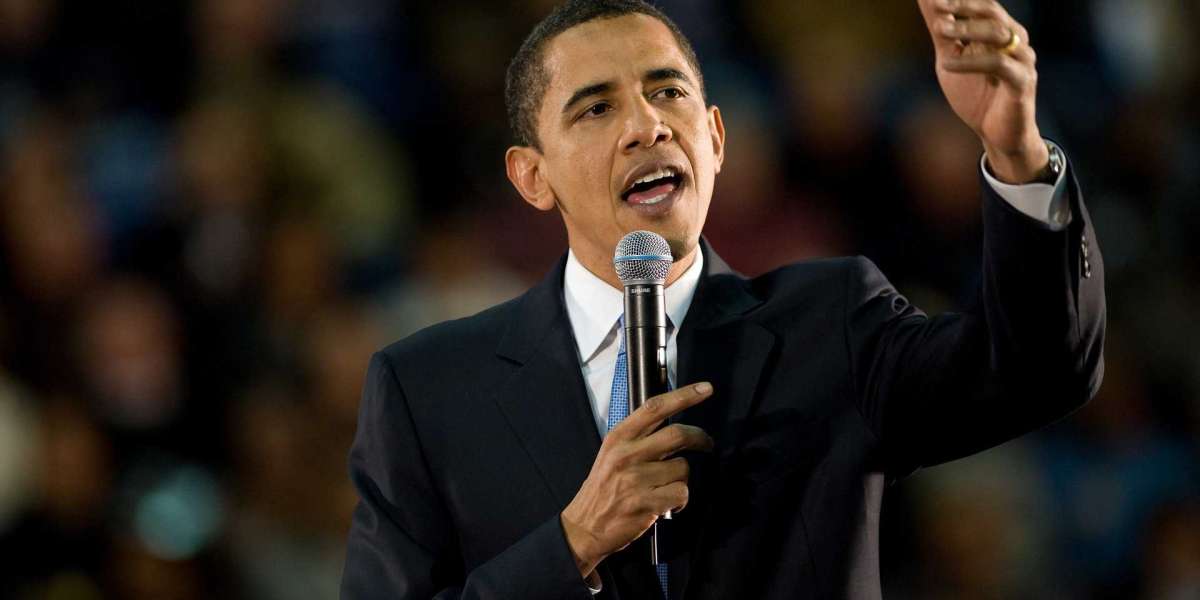A couple weeks ago I caught a glimpse of a press conference that President Obama was giving in which he hammered away at the fat cat bankers on Wall Street, some of whom continue to receive large bonuses while bearing a certain measure of culpability for the current financial crisis. As the President's rhetoric was very emotionally charged, I half wondered if it was an election year. Well, yes, it is an election year, just not for the President. So why the mid-stream attack on Wall Street? Certainly financial mistakes helped get the country in the current economic entanglement, but could there be another more immediate reason?
Turns out that the reason for rhetoric may have been to provide background for a recently anounced plan by the President to tax Wall Street banks to help raise federal tax dollars to recoup loses from the much discussed TARP program. Historians may judge TARP as an important economic intervention which overted a possible Depression 2.0, or alternatively, the program could in the long merely prop up mega-large financial institutions and give more currency to the "too big to fail" concept of national and international banks.
Whatever the real impact of the TARP program, most of the public does not feel good about formerly mega-rich banks and corporations getting government bailouts, only to increase their profit margins and continue high bonuses to executives. The political necessity of "fixing" the TARP money losses incurred by the U.S. Treasury Department and hence taxpayers may have made the proposal necessary. The money looking to be recouped is reportedly less than $120 billion, and would be paid back over the next couple of years by financial institutions.
Recouping money lost from TARP is certainly a worthy goal, and $120 billion is not small change. However, when compared to an annual federal budget in the trillions of dollars, it is not massively big either. One good effect of this legislation is that it shows that government can infuse massive amounts of money in times of financial crisis, and then responsibly recoup this money for the tax payers. Certainly large financial institutions stand to make billions of dollars in profits in this new decade as economic booms often follow recessions, it is good that President Obama is not giving Wall Street a blank check for the money that was lent to them during the financial crisis.
However, more importantly than recouping TARP funds will be to pass financial regulations which will help to prevent a future recession of this from occurring again. It remains to be seen if better financial controls, such as the separation of investment banking from regular banking and stricter mortgage regulations, will be passed. Such regulations may inhibit the "irrational exuberance" and excessive greed seen in times of boom, but they could also help to shrink the power of the financial system somewhat. When times were very good on Wall Street, such as during the 1990's before the tech bubble burst, Wall Street is able to win significant relaxations of regulations from Congress. However, if strong regulations are put in place before boom times, then the financial system itself may be less likely to grow out of control and less likely to take unnecessary risks.
Actually implementing such a tax on major corporations may turn out to be somewhat difficult as large corporations by their nature are constantly looking for loopholes and ways to avoid excessive taxes. And it is possible that the tax could have unintended consequences. However, given the current political climate I think that bankers will most likely decide to comply with the new tax regulations, if passed, in order to pay back the relatively small $120 billion or so over the coming years. Then again, a familiar cat and mouse game between bankers and legislators could begin once the economic recovery is underway.
At any rate, the notion that the markets are somehow smarter than the regulators has fallen by the wayside for the moment, but the lesson of the current recession may well be forgotten during the next economic revival.
Sources:
http://online.wsj.com/article/BT-CO-20100112-717307.html?mod=WSJ_latestheadlines
http://www.businessweek.com/news/2010-01-12/obama-plans-to-raise-120-billion-from-banking-fees-update4-.html
Search
Popular Posts








